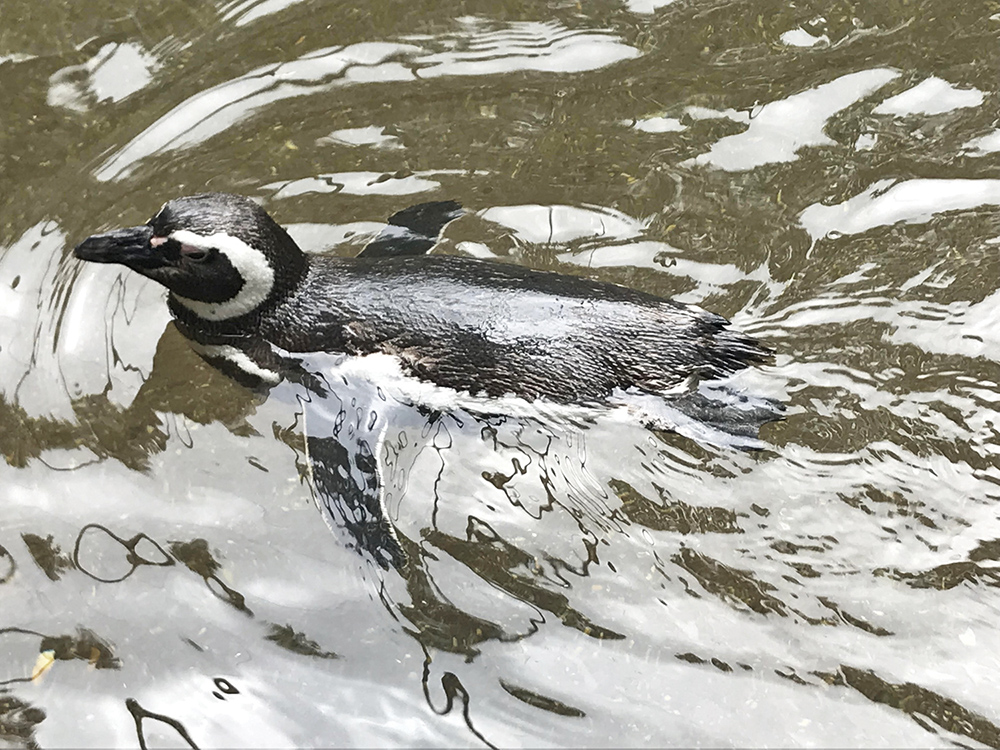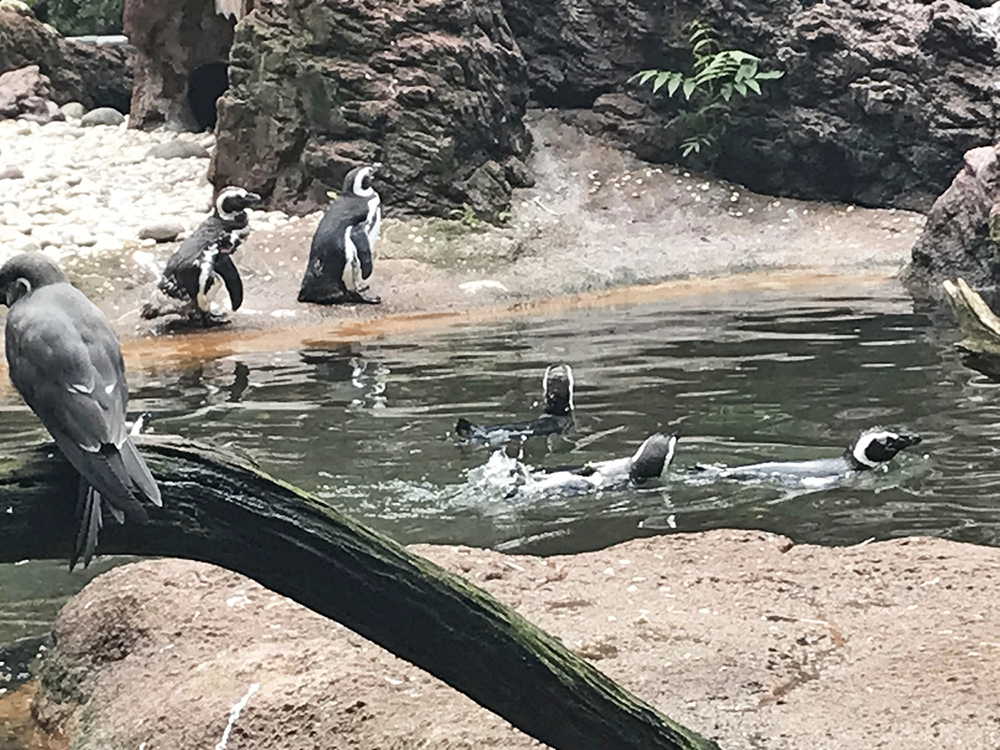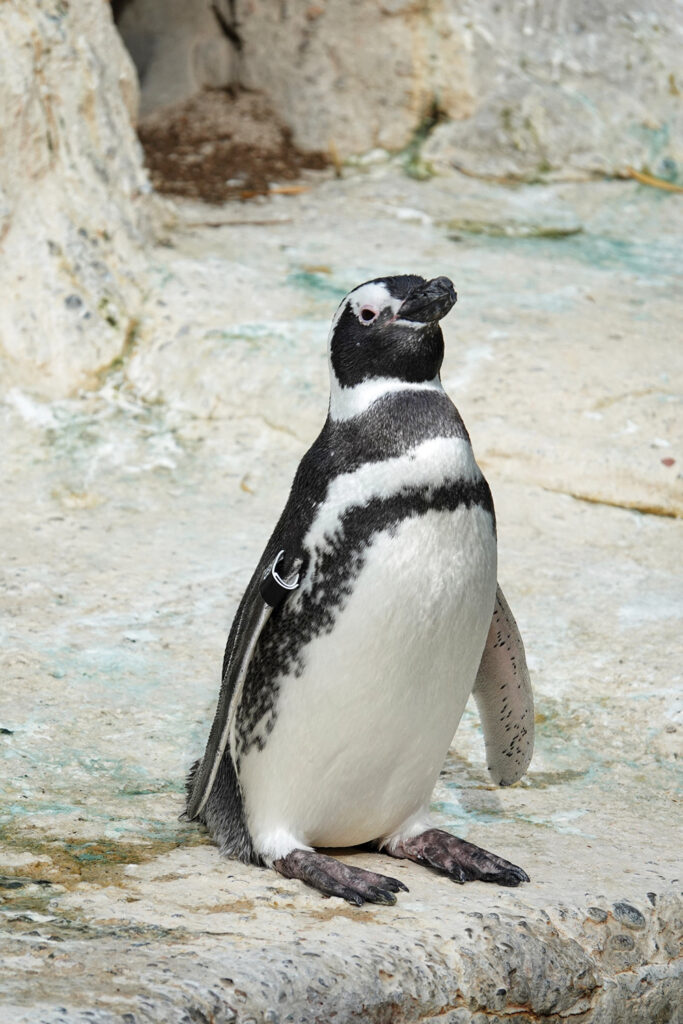Before I address the title, I have some things to apologize for. First, I’m sorry for the error in the title of last week’s article. By calling the article “The Inevitable Snake,” which addresses the fact that I was obligated to talk about snakes at some point, I possibly led some of you to believe that there is a snake that you could never avoid. Sorry about that.

All right. Moving on to the serious stuff.
Now I would like to apologize for this being the last “Jew at the Zoo” article. I didn’t intend for it to last as long as it did. There is no shortage of different kinds of animals, but I can only come up with so many life lessons one can learn from them until they start to overlap. Don’t get me wrong. The world of animals can be interesting, but I have a hard time connecting every fact to Torah. For example, some species of crow are able to distinguish one human face from another. While I think this is pretty fascinating, I don’t know how to apply it to Jewish life.
Finally, I want to apologize if some of my previous lessons regarding Jewish life felt clichéd. Most of them are probably things that a person could easily learn from a more respectable written source from before my time. I just wanted to teach people about the natural world in a way that people could connect to.
Anyway, now for what some of you are probably here for: the animal of discussion.
For my final animal, I wanted to talk about Magellanic penguins (Spheniscus magellanicus), one of many bird species at the Bronx Zoo. From what I learned there, they have to deal with threats posed by hazards such as oil spills, overfishing, disease and climate change. Though not classified as an endangered species, their numbers are decreasing. Captive penguins that are bred in zoos don’t know how to survive in the wild.

Of course, I don’t really think anyone reading this article can or will do anything to help. I can’t really expect any of you to fly all the way to the southern coast of South America just to advocate for some penguins. I’m not going to tell you to, or that Hashem wants you to, because after thinking about a certain line in Hallel, I can’t really say I have a firm understanding on how much He cares.
I imagine that some of you will forget about what I write here in about a month or so, and I don’t know how much of a difference I’ve made. What I can say is that from what I know about the world, I’m not feeling too optimistic. Those of us with the money and status to save the environment may not even care enough to read this article, let alone live to see the day when our grandchildren will ask how we were able to carry out daily tasks while having to worry about the threat of gray wolves before they went extinct. I don’t really have any interesting lessons for today, aside from maybe to enjoy the grass while it’s green because it grew that way, and not because it was painted over. Instead, I have some questions for you about both this article and my previous ones.

Did you learn anything new? Will you think about what it means when you discuss how Hashem created the world? Have you learned to at least appreciate it? Will you search for meaning in it without me? Will you be able to find it? If you are, will you share what you find with other people? Will you at least want to?
Thank you for accompanying me on my journey. I hope you learned as much as I did, if not more.
With this column, Noah Motechin, an English major at Rutgers University, has concluded his summer internship at The Jewish Link. He has an affinity for Torah, writing and the natural world. We thank Noah for his unique, fascinating and instant-hit column “Jew at the Zoo,” and we hope he will consider returning to our pages to share his insights again when his time permits.









